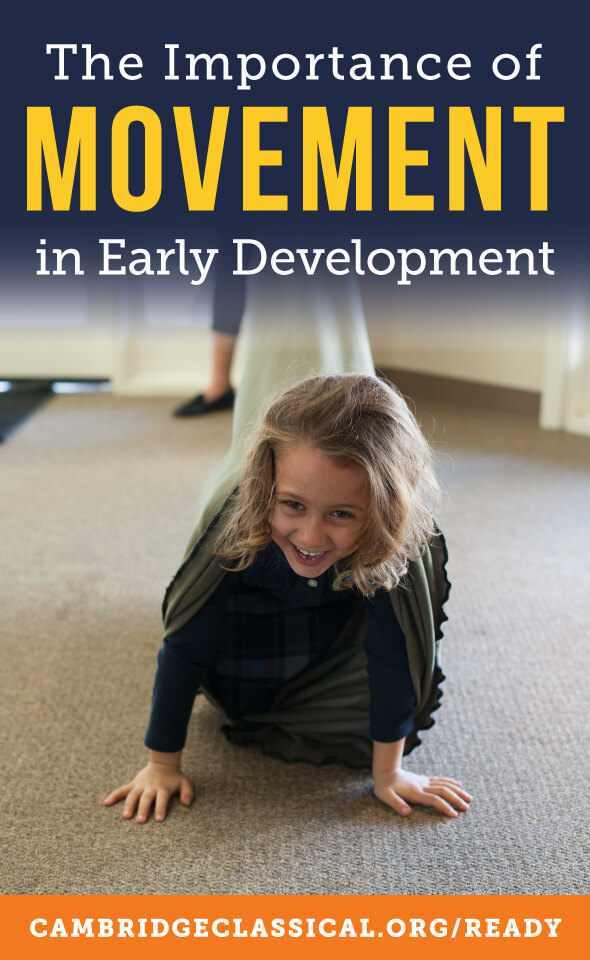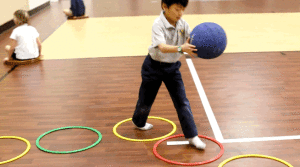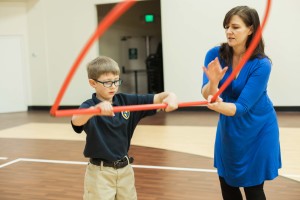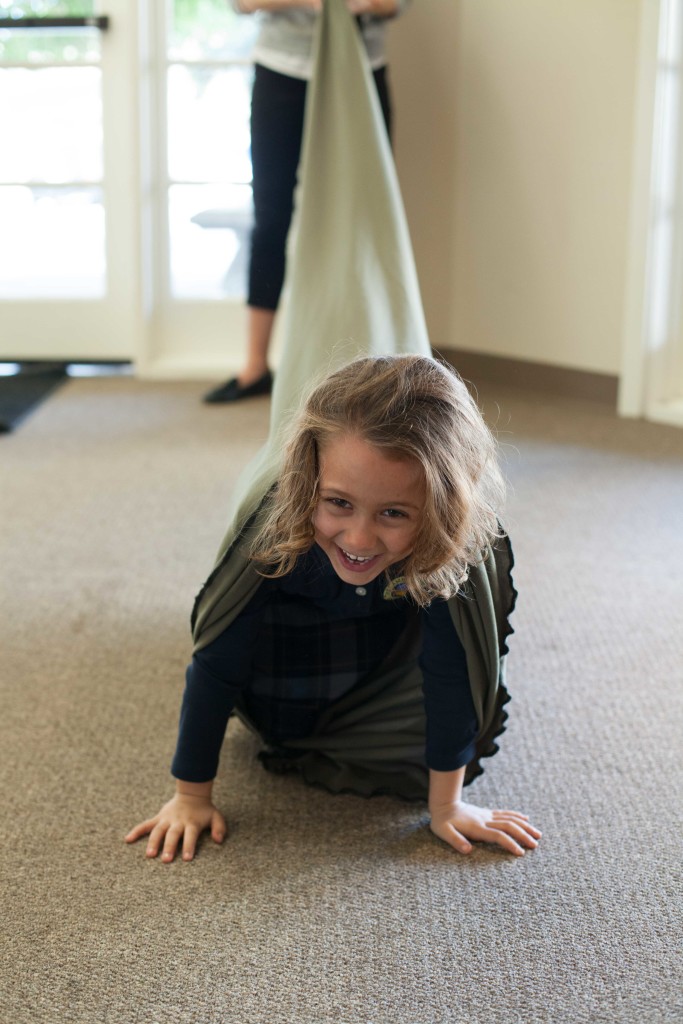 Over the course of my teaching career, I have noticed a trend in my younger students— a trend that has become more prevalent in the past ten years. Kindergarteners and other students in Grammar school are having more difficulty focusing on a task, paying attention to a group lesson, and even sitting in a chair. While these challenges seem to stem from two distinct developmental areas, they are more connected than one might think.
Over the course of my teaching career, I have noticed a trend in my younger students— a trend that has become more prevalent in the past ten years. Kindergarteners and other students in Grammar school are having more difficulty focusing on a task, paying attention to a group lesson, and even sitting in a chair. While these challenges seem to stem from two distinct developmental areas, they are more connected than one might think.

Parents often stress the cognitive preparedness of their child(ren). While this is very important, parents often overlook the connection this has to their physical development. Unless a child’s physical body is prepared for school, a young child will not be ready to sit in a chair, hold a pencil, and will often have trouble focusing in class. Trunk control, balance, gross motor skills, and fine motor skills are all developed through physical activities such as climbing, jumping, rolling, pushing, pulling, spinning around, hopping and running.
For a wide variety of reasons, children are now given less opportunity to strengthen these developmental skills. Even the playground equipment in our parks and play areas has changed over the past ten years. Perhaps you have noticed the absence of swings and other equipment from many playgrounds. Children need ample opportunity to naturally strengthen and prepare their bodies for school and life beyond the classroom.
Children need ample opportunity to naturally strengthen and prepare their bodies for school and life beyond the classroom.

 At The Cambridge School, we have a proactive approach to this growing problem; we provide engaging activities to develop these foundational skills. Three years ago, we built out a Motor Lab, complete with a wide variety of equipment, for our students to visit at least once a week. Students rotate through stations that are designed to address the tactile, vestibular, and proprioceptive systems. The students truly enjoy these engaging activities such as crawling through tunnels, using a Sit n’ Spin, and walking on a balance beam (just to name a few). Our teachers have also been trained to lead their class daily in four exercises that help improve physical strength, as well as promote sustained attention.
At The Cambridge School, we have a proactive approach to this growing problem; we provide engaging activities to develop these foundational skills. Three years ago, we built out a Motor Lab, complete with a wide variety of equipment, for our students to visit at least once a week. Students rotate through stations that are designed to address the tactile, vestibular, and proprioceptive systems. The students truly enjoy these engaging activities such as crawling through tunnels, using a Sit n’ Spin, and walking on a balance beam (just to name a few). Our teachers have also been trained to lead their class daily in four exercises that help improve physical strength, as well as promote sustained attention.
We endeavor to nourish the mind, body, and soul. God has given us a wonderful opportunity to prepare our students for lifelong learning with ready bodies and hungry minds.
Mrs. Louise Fougner
launched our new “Student Academic Services” program in 2014. She came to this position after several decades of classroom teaching experience (including three years as a Cambridge Kindergarten teacher) and after four years of providing in-services and training for teachers throughout California. She is bringing all of that experience and wisdom to the SAS program which seeks to support students through individualized academic therapy. Louise has a BA in elementary education from Westminster College (PA) and a MA in Learning Disabilities from Montclair State University (NJ) and is a California credentialed teacher. She enjoys playing the flute, reading, baking, and spending time with her husband and two grown children.

